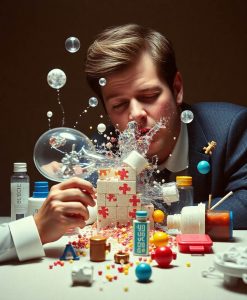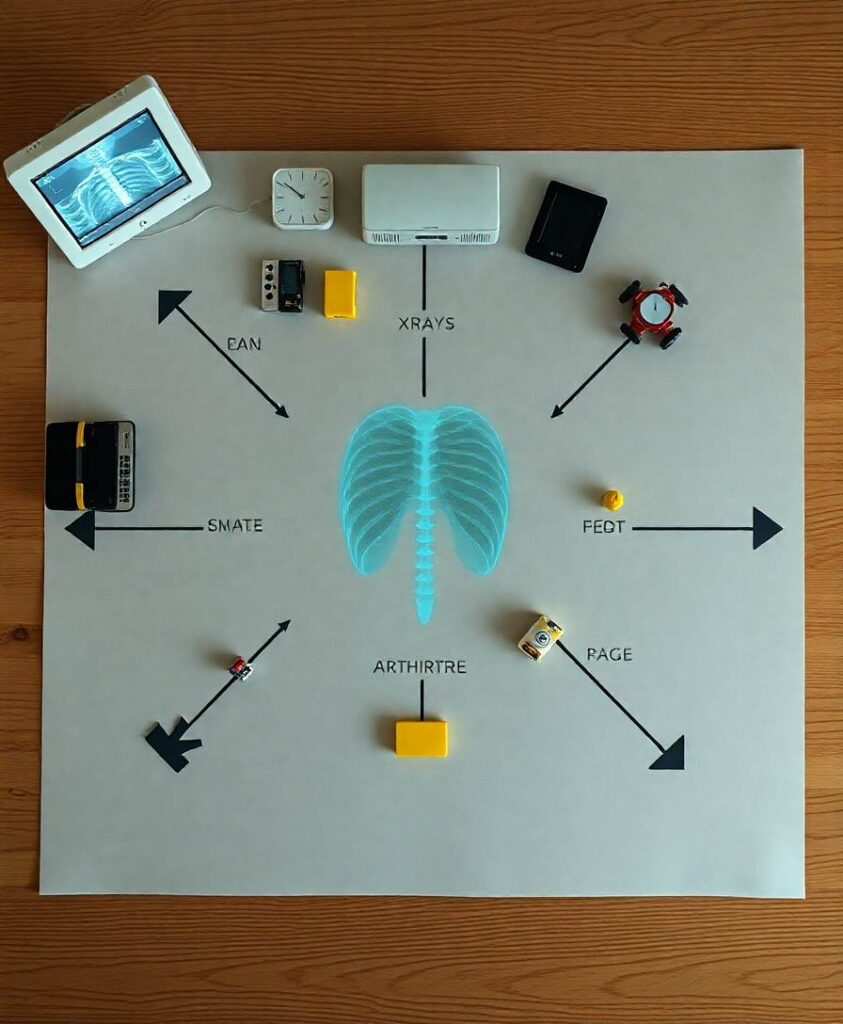Imagine the quiet moments when someone with autism is working through a task, navigating a social situation, or simply daydreaming about what’s possible. It’s easy to forget how deeply our perceptions shape the way we see others’ potential. When public figures make sweeping statements about what people with autism can or cannot do—like saying they will never hold a job or go on a date—it can feel like a blow to the hope that many individuals carry within themselves.
As someone who cares about the human experience and the truths of neurodiversity, it’s important to recognize how damaging misconceptions can be. When leaders express ideas that deny the reality of what many autistic individuals achieve and aspire to, they inadvertently reinforce harmful stereotypes and limit opportunities for understanding and support.
People living with autism often face a world that isn’t always designed with their needs in mind. Yet, many are capable of remarkable growth, independence, and connection. The idea that autism is a fixed barrier to things like paying taxes, holding a job, or forming romantic relationships is simply not aligned with the diverse experiences of the neurodiverse community. Instead, we should focus on creating environments that recognize individual strengths and provide the necessary resources for everyone to thrive.
The truth about autism is that it exists on a spectrum—an intricate mix of traits, talents, challenges, and potentials. Each person’s journey is unique, with some needing more support, and others excelling in ways that surprise even themselves. It’s vital to move away from outdated notions that define autism solely by deficits. When we do, we open the door to understanding how to foster authentic inclusion—where everyone has the chance to learn, grow, and contribute meaningfully.

Living with autism can mean experiencing the world differently, but it does not mean being incapable of achieving personal milestones. Many individuals with autism develop skills that enable them to participate fully in society, including holding jobs, forming relationships, and contributing to their communities. It’s about recognizing that potential isn’t limited by stereotypes or misconceptions, but rather by the opportunities we create for each other.
Public discourse plays a powerful role in shaping attitudes and policies. When influential voices dismiss the capabilities of autistic individuals, it discourages families, educators, and employers from believing in their potential. Conversely, when society embraces evidence-based understanding and celebrates neurodiversity, we begin to see a future where everyone’s unique talents can flourish.
Choosing awareness over assumptions, empathy over stereotypes, and support over prejudice is a step toward a more inclusive world. Every person, regardless of how their brain processes the world, deserves respect, understanding, and the chance to realize their dreams—be it holding a job, going on a date, or simply living authentically.
Learn More: On Autism, Kennedy Turns Against Science and Reality
Abstract: During his first news conference as Health and Human Services secretary, Robert F. Kennedy Jr. on April 16 ticked off things he thinks kids with autism will never do, including paying taxes, holding a job, and going on a date. Kennedy’s comments go against science and reality.
Link: Read Full Article (External Site)




